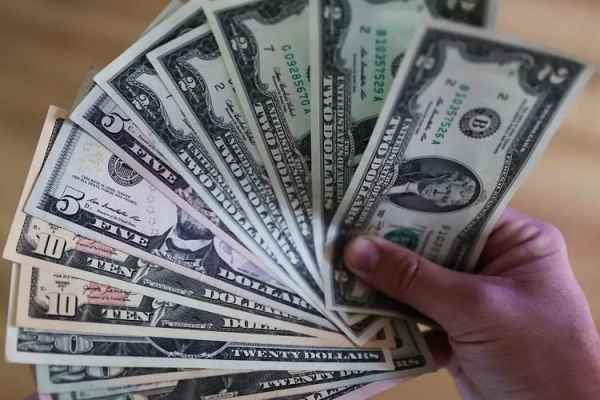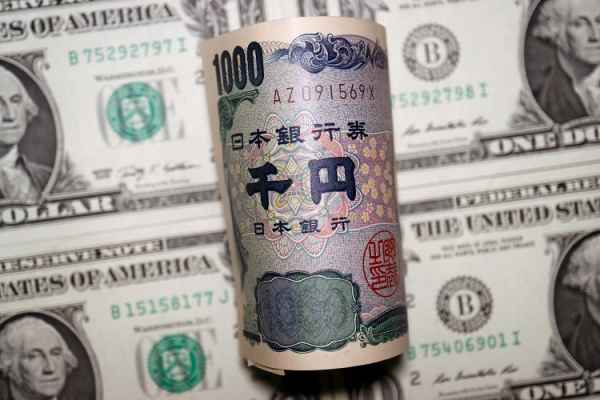Two factors are holding AUD/USD back at the moment, namely the lackluster expectations for tomorrow's Australian GDP data release and the poor sentiment towards China's economic outlook.
Australia's Current Account Balance showed a sharp improvement in the fourth quarter of 2020. Coal and iron ore exports surged, resulting in a balance sheet surplus.
This good news raised expectations for Australia's economic growth but could not stimulate market buying interest in the Australian Dollar. AUD/USD was sluggish at around 0.6500 in Asian session trading on Tuesday (5 / March).

Australia's Current Account Surplus increased from AUD1.3 billion in Q3/2023 to AUD11.8 billion in Q4/2023. The Australian Bureau of Statistics (ABS) said rising prices of exported goods and shipments of mining commodities have boosted the value of net exports.
Net exports will add 0.6 percent to the gross domestic product (GDP), higher than the 0.2 percent contribution previously expected. This is a positive sign of Australia's GDP data release tomorrow morning.
"Coupled with solid capex data and a modest boost from public demand, GDP growth should be positive, albeit unspectacular in tomorrow's print," said Sean Langcake, head of macroeconomic forecasting for Oxford Economics Australia.
Consensus expects tomorrow's Australian GDP data release to show an annual increase of 0.3% every quarter and 1.4% annually. Actual data much higher or lower than expectations could affect Australia's interest rate outlook. However, actual data that is in line with expectations or just slightly off will not disturb the expected timing of Australia's first interest rate cut, which is currently pegged at September - and thus has no significant effect on the Australian dollar.
The Aussie dollar is also affected by deteriorating market sentiment in its leading trading partner, China. The initial session of the National People's Congress (NPC) did not announce the giant stimulus package that market participants were expecting. Instead, Beijing lowered its budget deficit target from 3.8% last year to 3% for the coming fiscal year and maintained the same economic growth target as last year at "around 5%".

 Dedicated FREE FOREX VPS
Dedicated FREE FOREX VPS Free FOREX Virtual Private Server
Free FOREX Virtual Private Server MT4 Demo Contest, Get $500
MT4 Demo Contest, Get $500 Sign Up for an Account, Claim 60% Deposit Bonus
Sign Up for an Account, Claim 60% Deposit Bonus Free MT4/MT5 VPS 2024
Free MT4/MT5 VPS 2024 Send E-mail and Get Free Merchandise
Send E-mail and Get Free Merchandise $1K Refer a Friend Bonus for Pepperstone Pro clients
$1K Refer a Friend Bonus for Pepperstone Pro clients Maximize Your Earnings with 100% Deposit bonus
Maximize Your Earnings with 100% Deposit bonus Trade to Win, $5,000 Monthly Demo Contest
Trade to Win, $5,000 Monthly Demo Contest Claim 30% + 15% Deposit Bonus from LiteFinance
Claim 30% + 15% Deposit Bonus from LiteFinance






